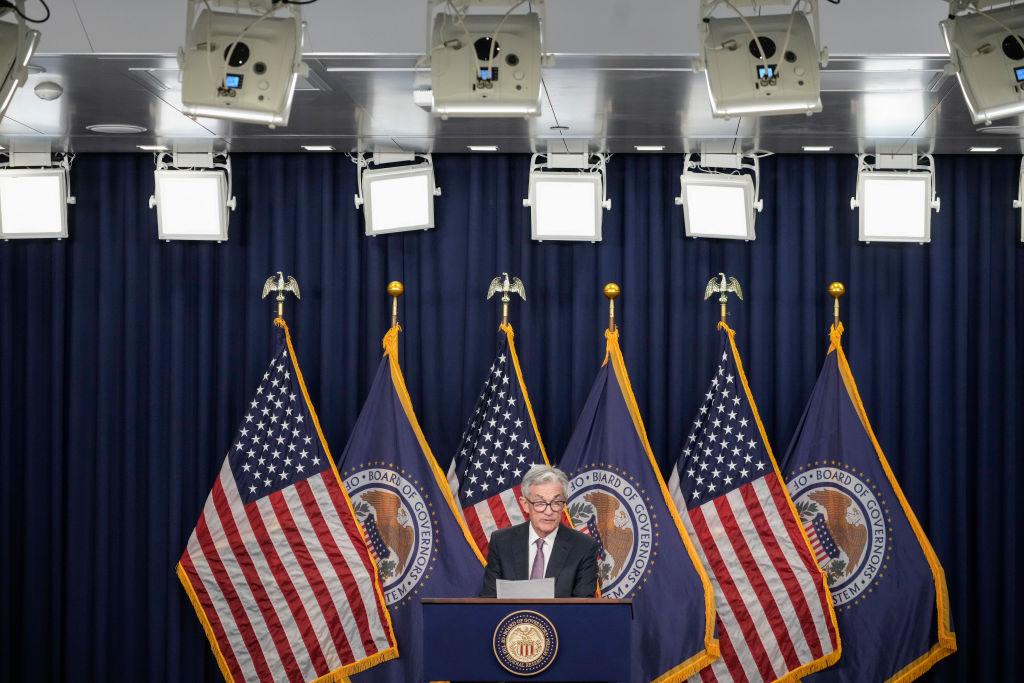As the Federal Reserve keeps raising interest rates in its attempt to bring down inflation, it’s running the risk of triggering a considerable economic slowdown, according to Invesco’s chief global market strategist Kristina Hooper.
“When you are raising rates in 75-basis-point increments and you’re not giving any time for it to process through and make its way through into the data, you’re playing a dangerous game,” Hooper said on a Bloomberg podcast. “And the more you’re doing it, the more likelihood you create of having a recession—and a significant recession.”





